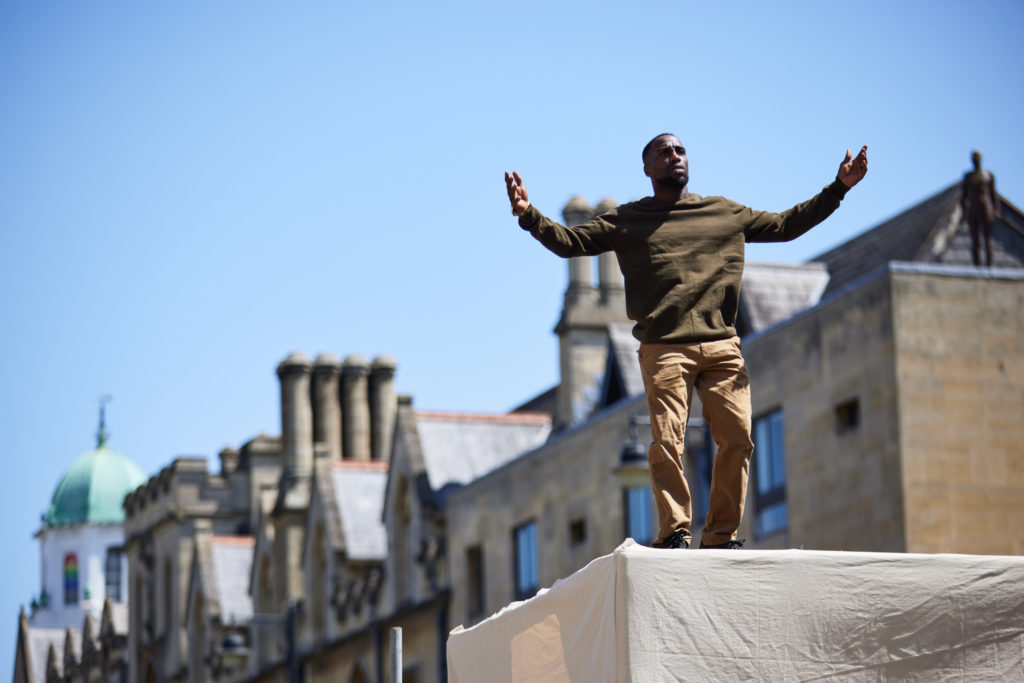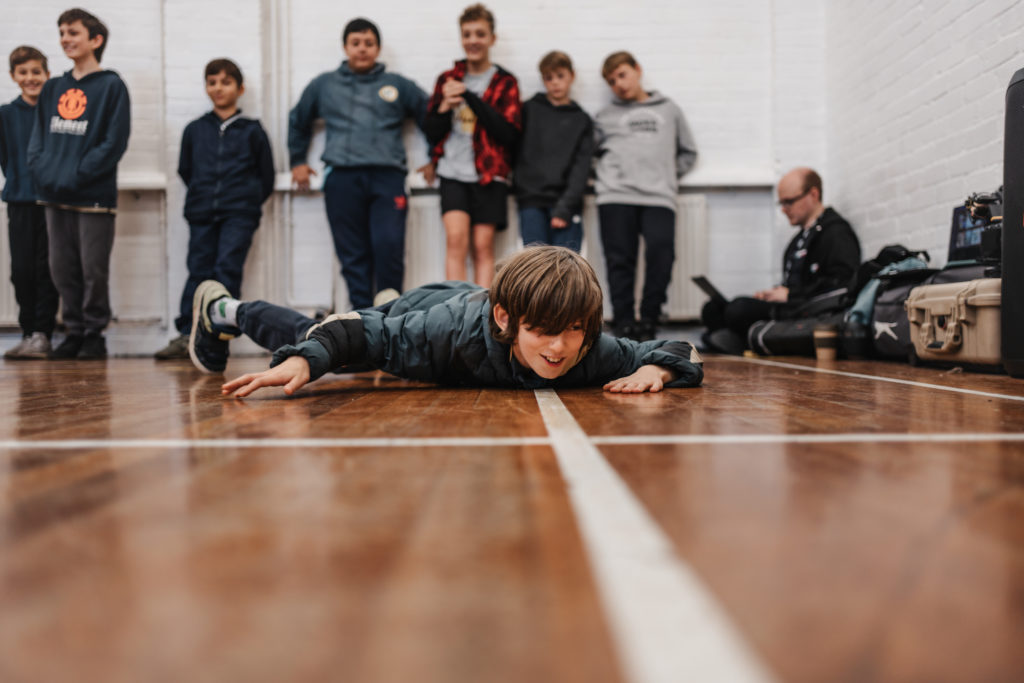Last week on 10 September, the world marks World Suicide Prevention Day. A time to raise awareness, reduce stigma, and remind people everywhere that support and connection can save lives. This year’s theme, set by the International Association for Suicide Prevention (IASP), is “Creating Hope Through Action.” It’s a call to each of us, whether artists, educators, friends, or community members, to take steps, however small, to support mental health and wellbeing.
In the UK, suicide remains the leading cause of death among young people aged 20–34. According to the Office for National Statistics, rates are disproportionately higher among men, LGBTQ+ individuals, and people facing social and economic hardship. The arts, while often celebrated as a place of creativity and community, are not immune. Artists, performers, and those working in creative industries face unique pressures: precarious employment, financial instability, intense competition, and the emotional demands of storytelling itself.
The connection between creativity and vulnerability is complex. On one hand, art provides an outlet for self-expression, a way to process trauma, and a path toward healing. On the other hand, the stigma around mental health can make it difficult for those in the arts to ask for help, particularly in a culture where resilience, self-sacrifice, and constant productivity are often prized.
Justice in Motion: Holding Space for Wellbeing
At Justice in Motion, we recognise that our work doesn’t just involve physical performance. It involves emotional labour. Whether exploring difficult themes like exploitation, migration, or violence, or collaborating with young people sharing their lived experiences, we know the creative process can stir deep feelings. That’s why we place care and wellbeing at the heart of our practice.
We build check-ins, reflection time, and open conversations into our residencies and workshops, ensuring that participants and performers alike feel supported. Our safeguarding structures, pastoral support, and culture of listening aim to create environments where people don’t have to “leave their struggles at the door” to be part of the work. Instead, they are welcomed as whole people, artists and humans alike.
By centering care, we affirm that mental health is not separate from artistic practice, it is integral to it.

Arts as a Pathway to Connection
Research from the World Health Organization highlights that engagement in the arts can reduce anxiety, improve mood, and foster connection. Community-based arts programmes, in particular, have been shown to reduce social isolation, a major risk factor for suicide.
In our production CODE, for example, young participants are not only learning skills, they are also finding belonging. Many tell us that being part of the process gives them confidence, friendships, and a renewed sense of self-worth. These connections are vital protective factors for mental health.
Globally, projects like the Arts and Minds Network in the UK and the National Alliance for Arts in Health in the US are showing how creativity can be a tool for suicide prevention, helping people feel less alone, more understood, and more connected to community.
World Suicide Prevention Day is a reminder that every action matters, whether that’s checking in on a friend, advocating for better mental health resources, or supporting organisations that use creativity to foster connection and care.
This September, we invite you to:
- Listen actively to the artists and young people in your life, sometimes, being heard is the first step to healing.
- Support the arts as spaces of community and wellbeing, not just entertainment.
- Take care of yourself, creativity thrives when mental health is nurtured.
If you or someone you know is struggling, please reach out. In the UK, you can call Samaritans at 116 123, text SHOUT to 85258, or visit www.papyrus-uk.org for support specifically aimed at young people.
Together, through compassion, creativity, and action, we can create hope.

Sources
- International Association for Suicide Prevention. World Suicide Prevention Day 2025. Accessed Sept. 2025. https://www.iasp.info/wspd/
- World Health Organization. Suicide Worldwide in 2019. WHO, 2021. https://www.who.int/publications/i/item/9789240026643
- Office for National Statistics. Suicides in England and Wales: 2023 registrations. ONS, 2024. https://www.ons.gov.uk/
- Arts and Minds Network. About Us. Accessed Sept. 2025. https://artsandmindsnetwork.org.uk/